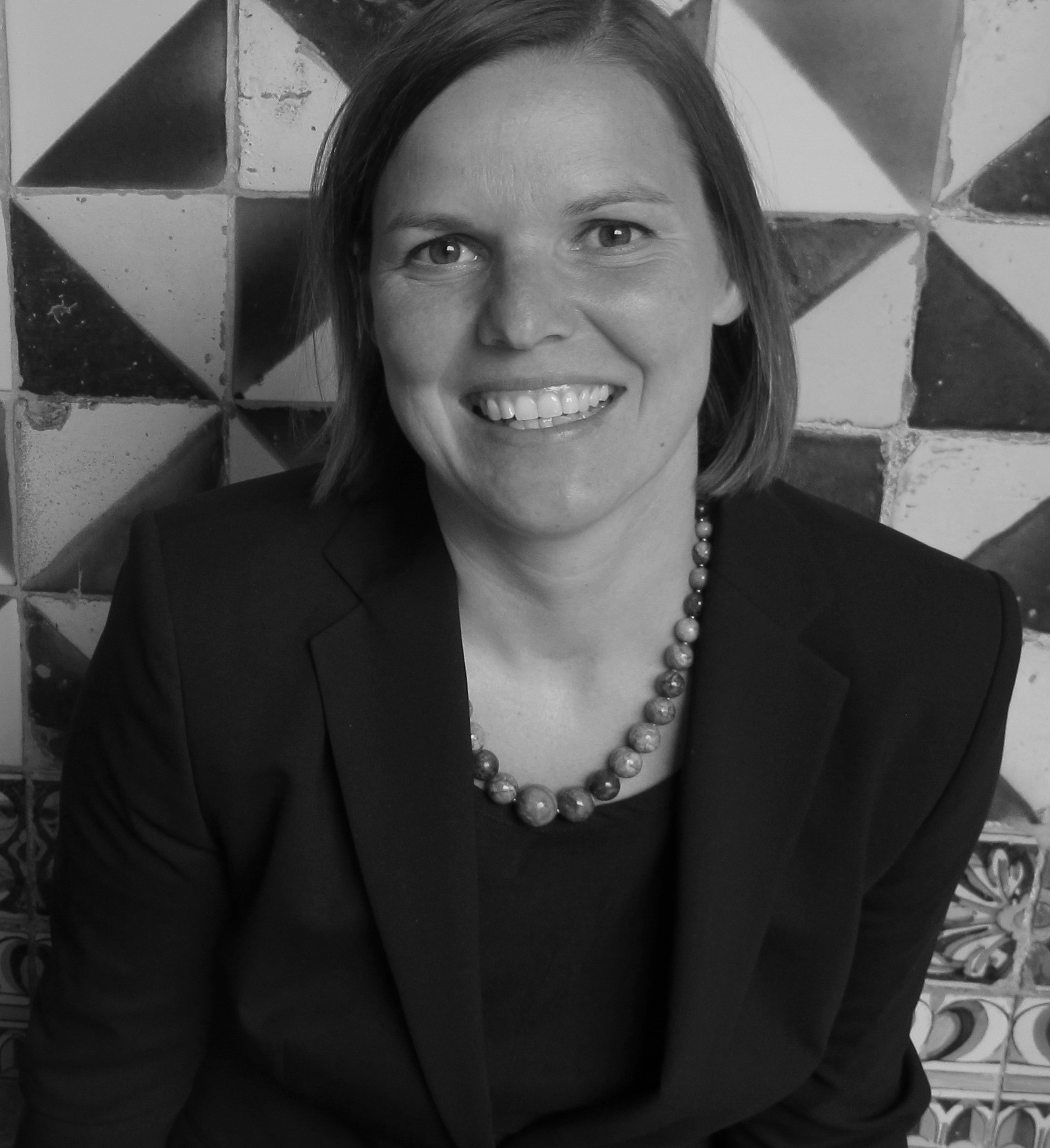




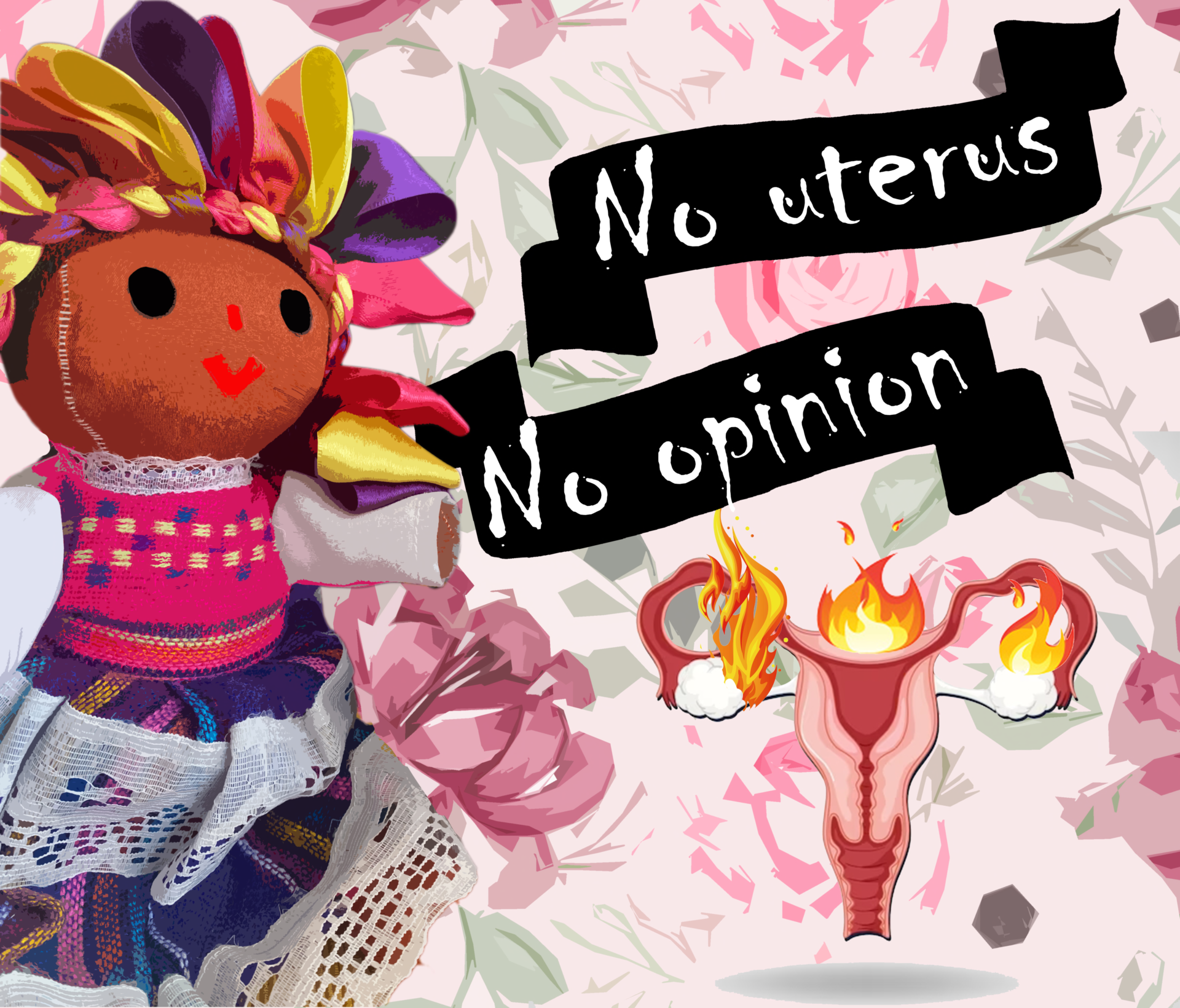
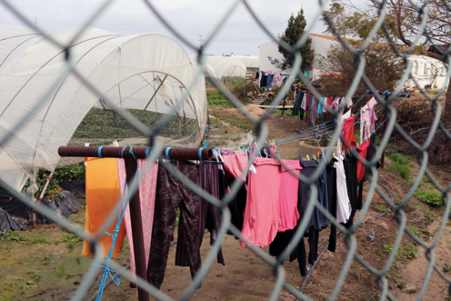
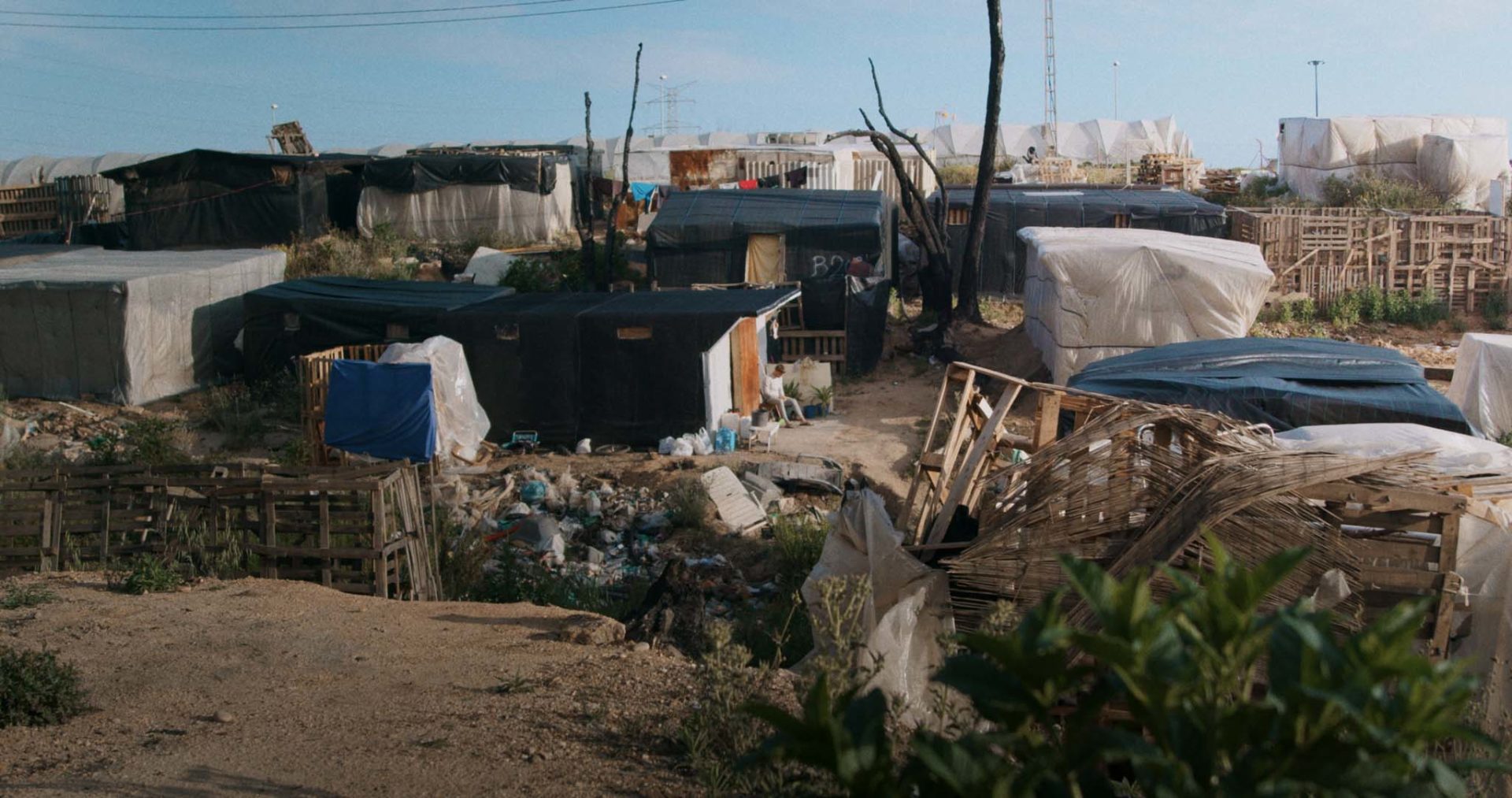
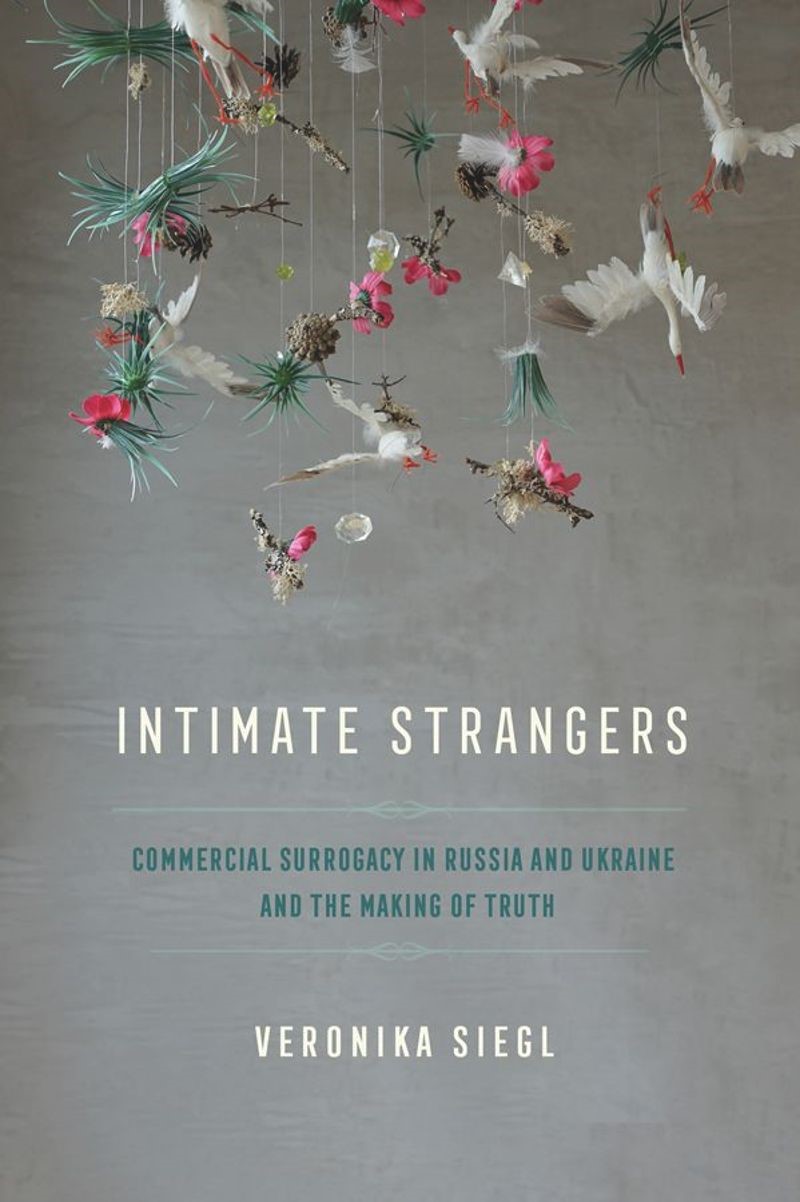





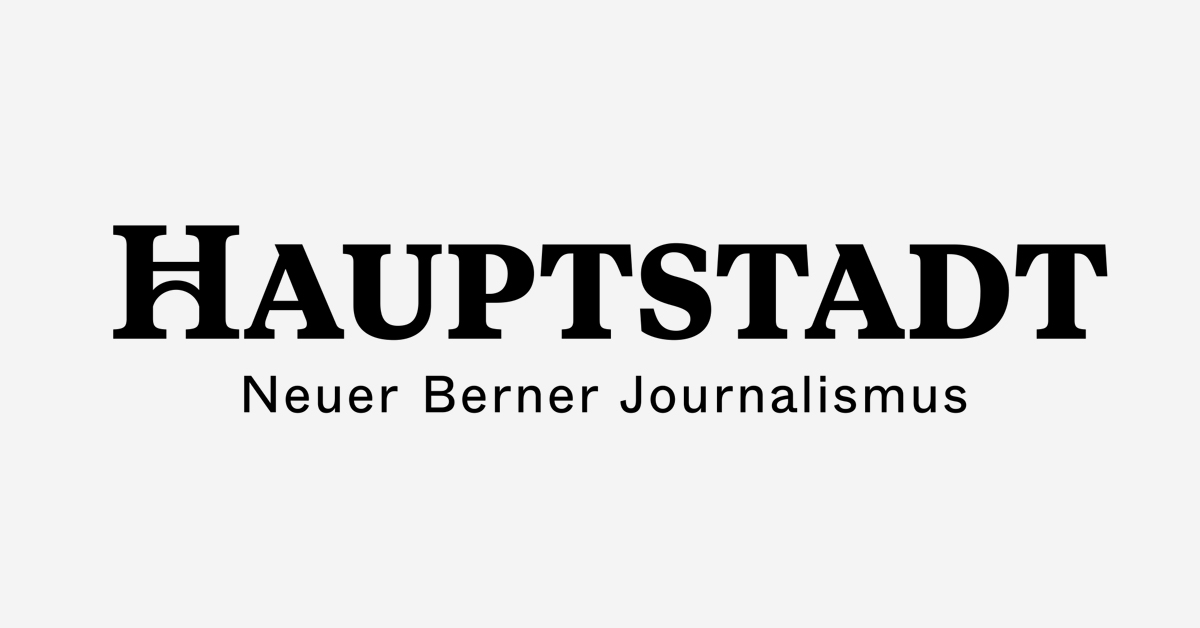




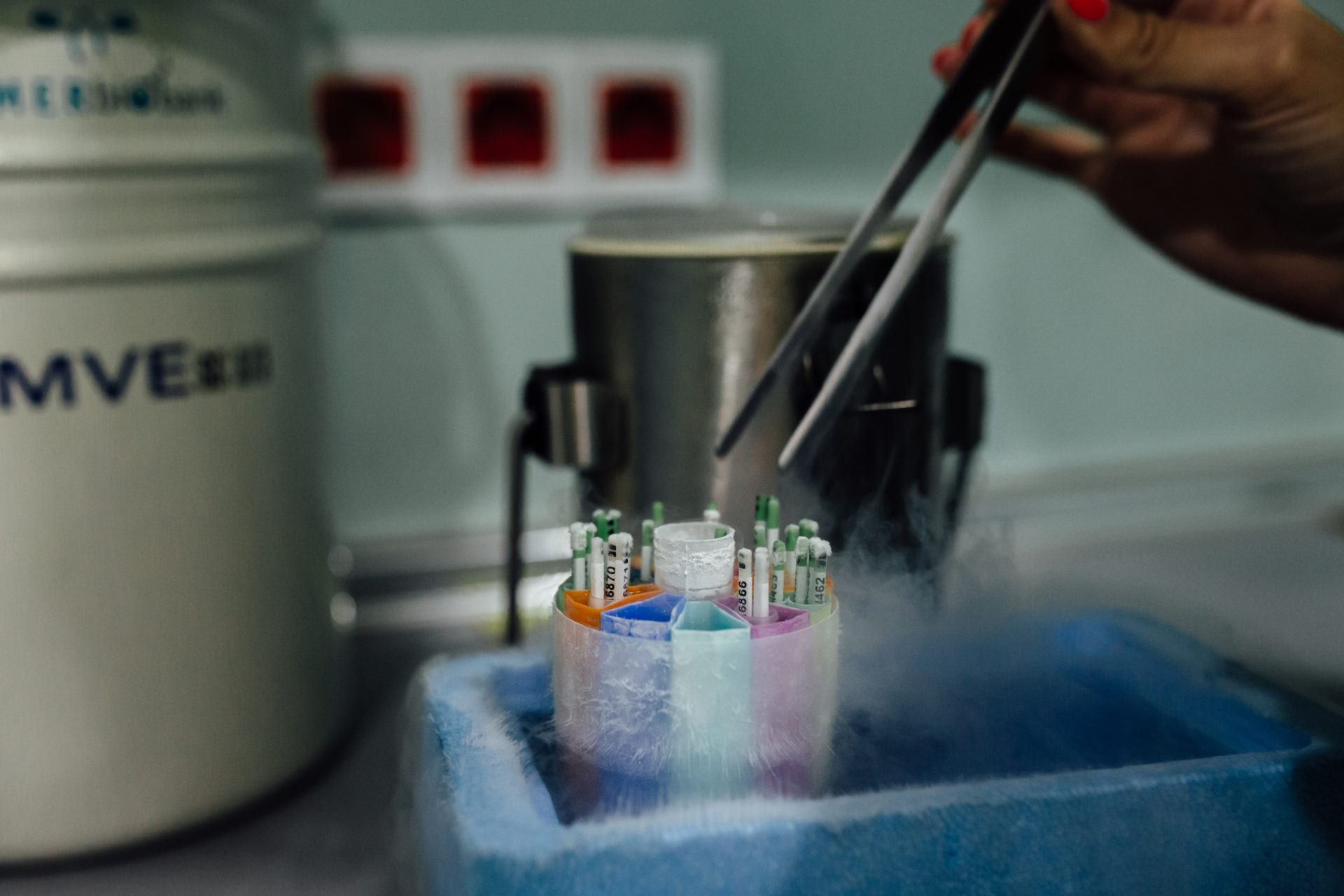





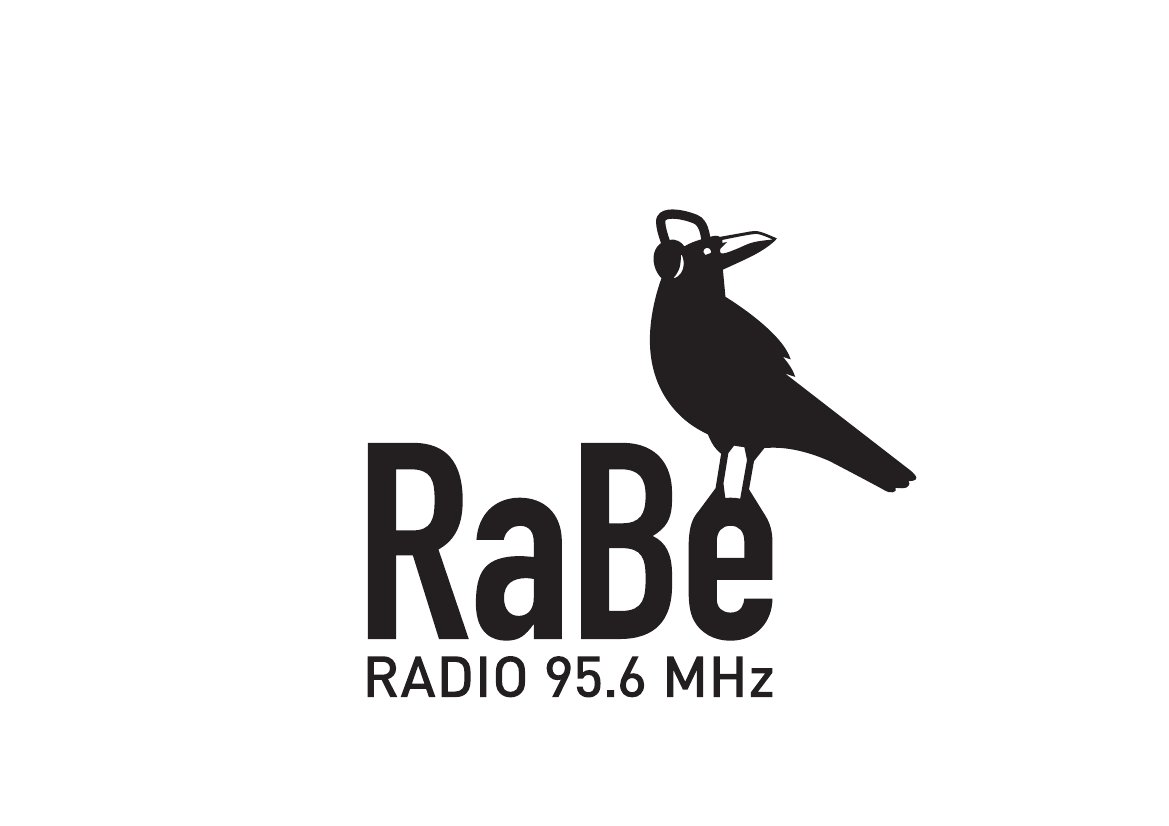

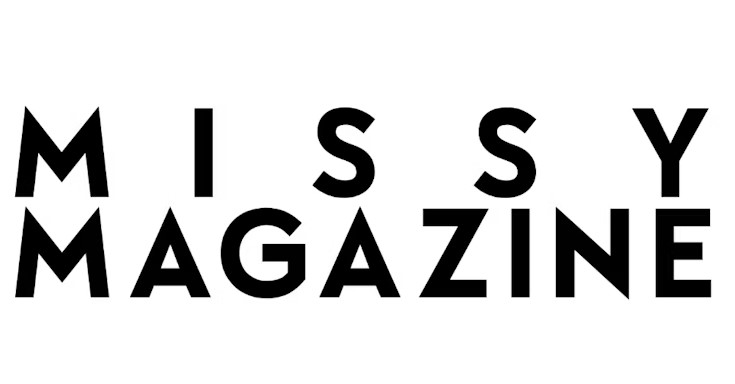



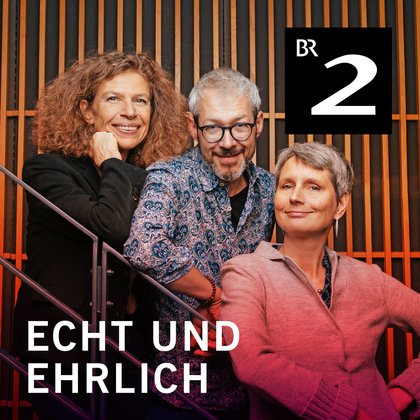

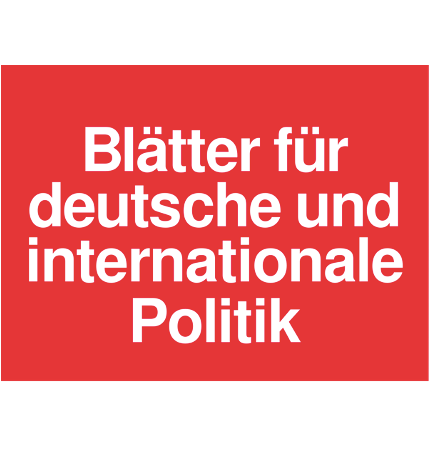





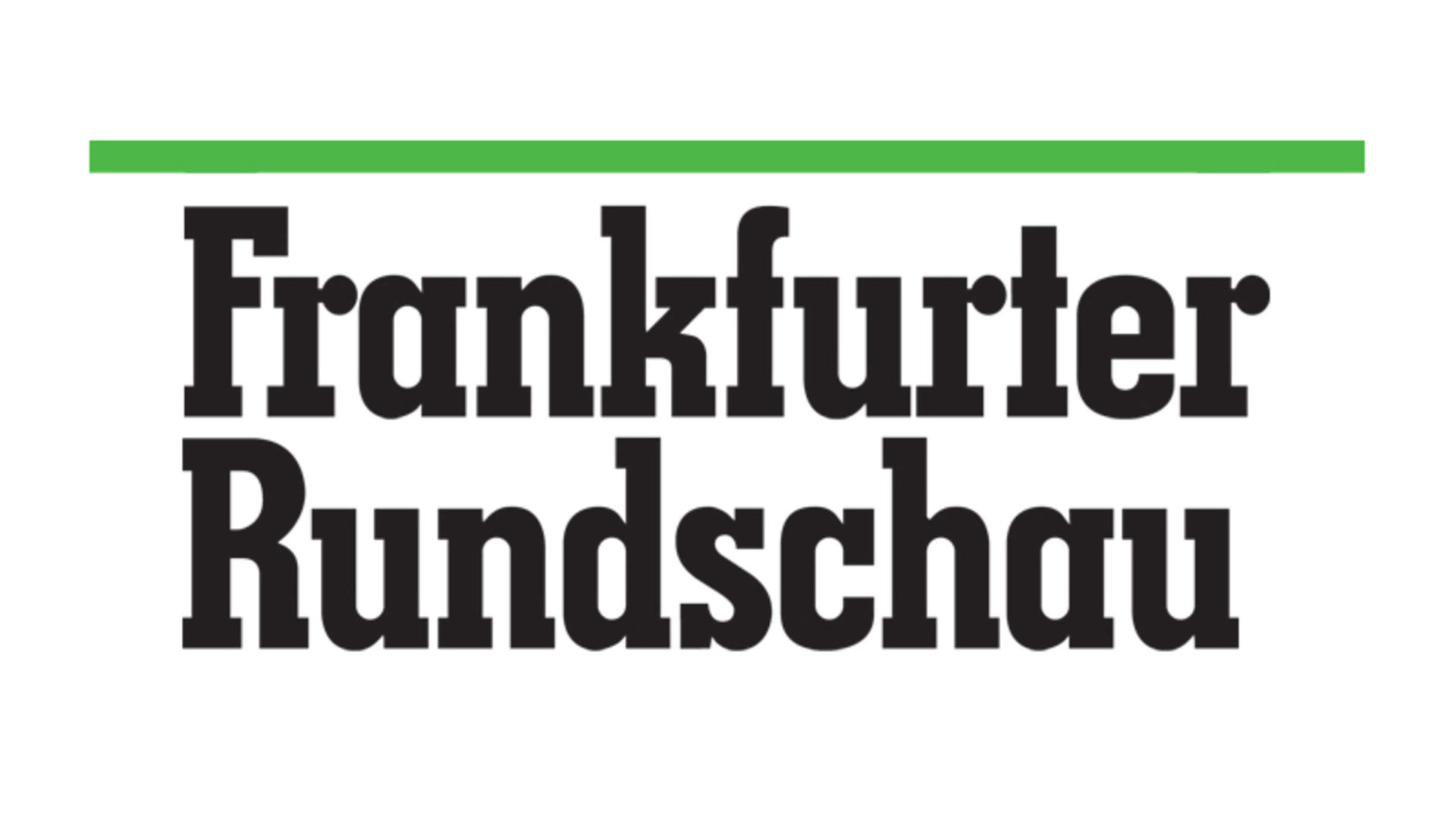
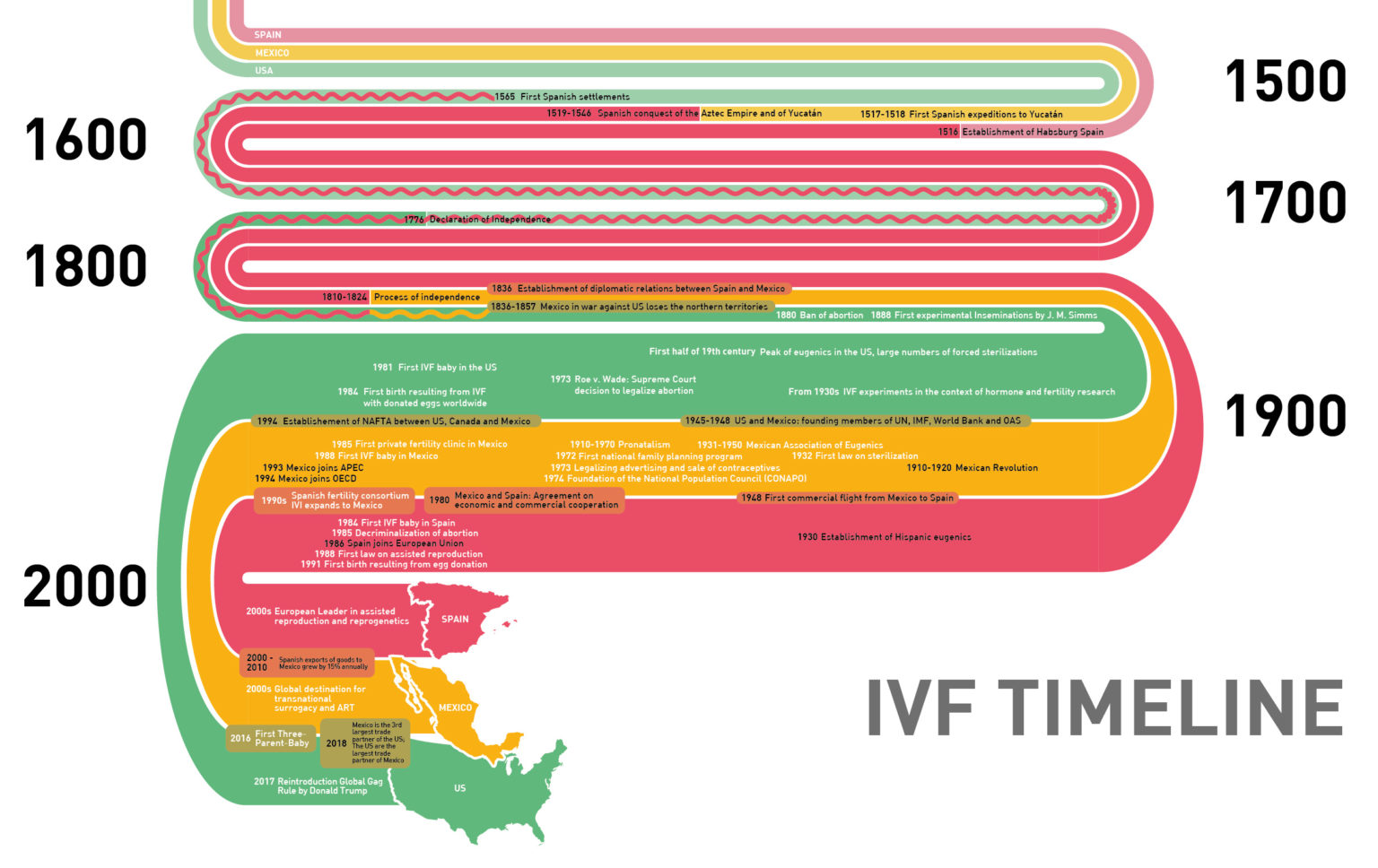



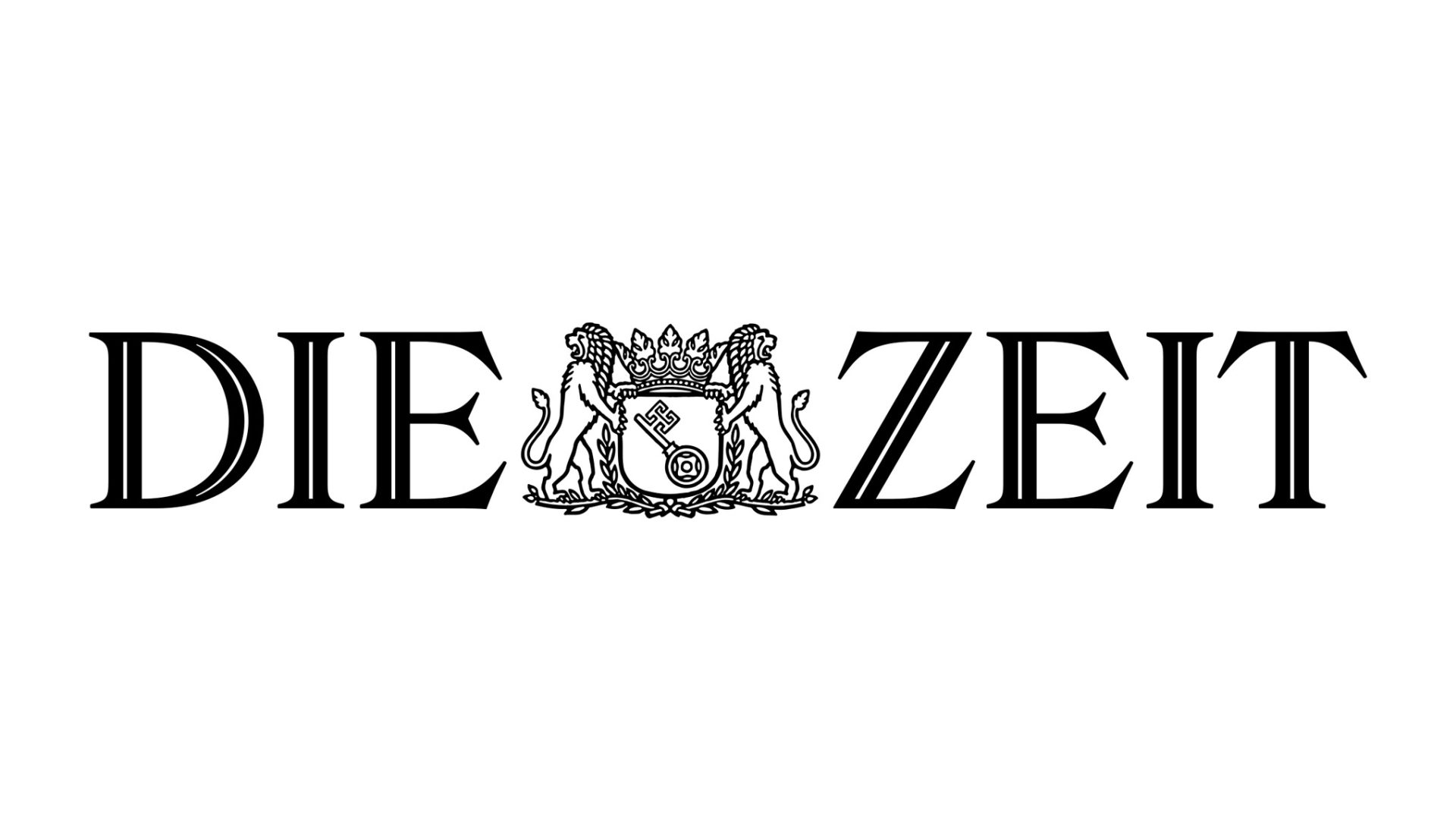








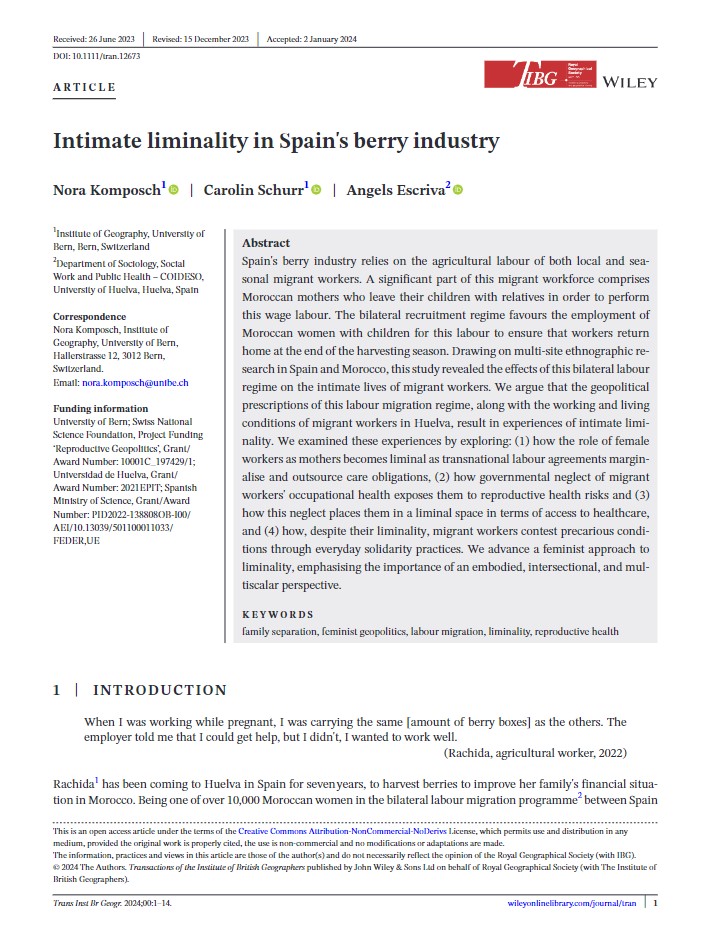


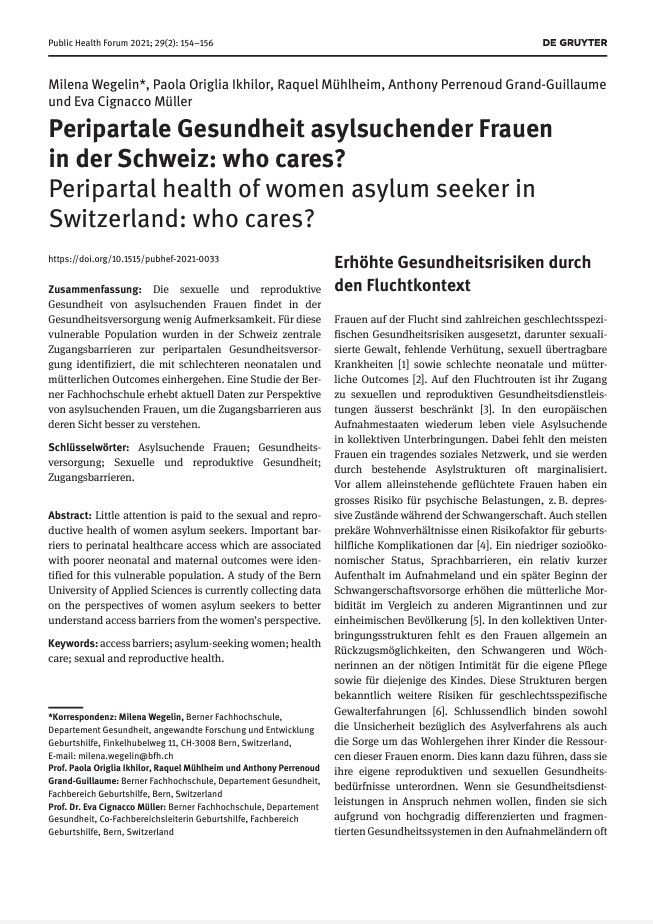
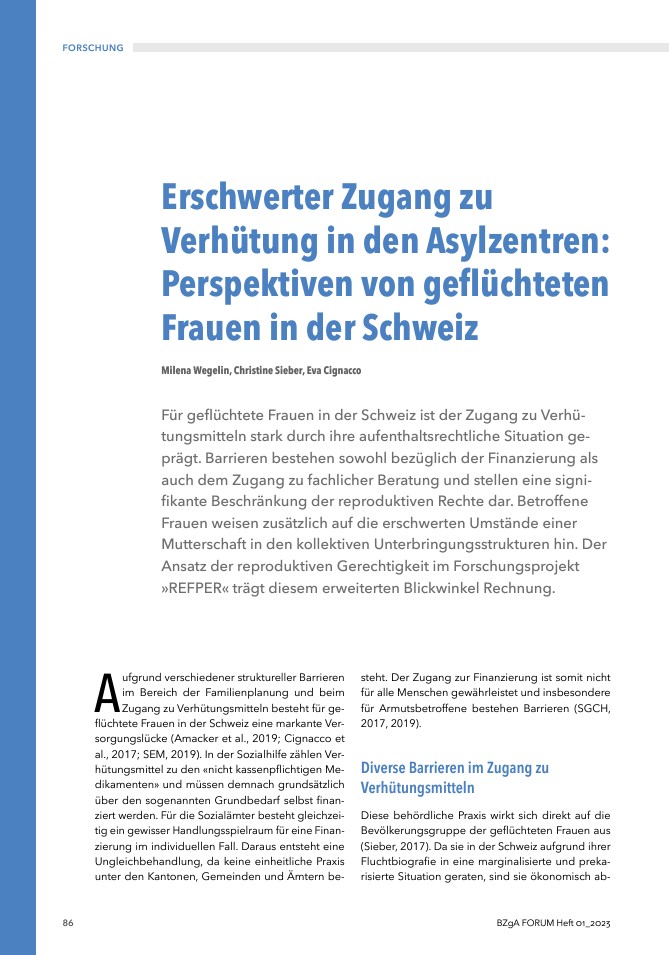
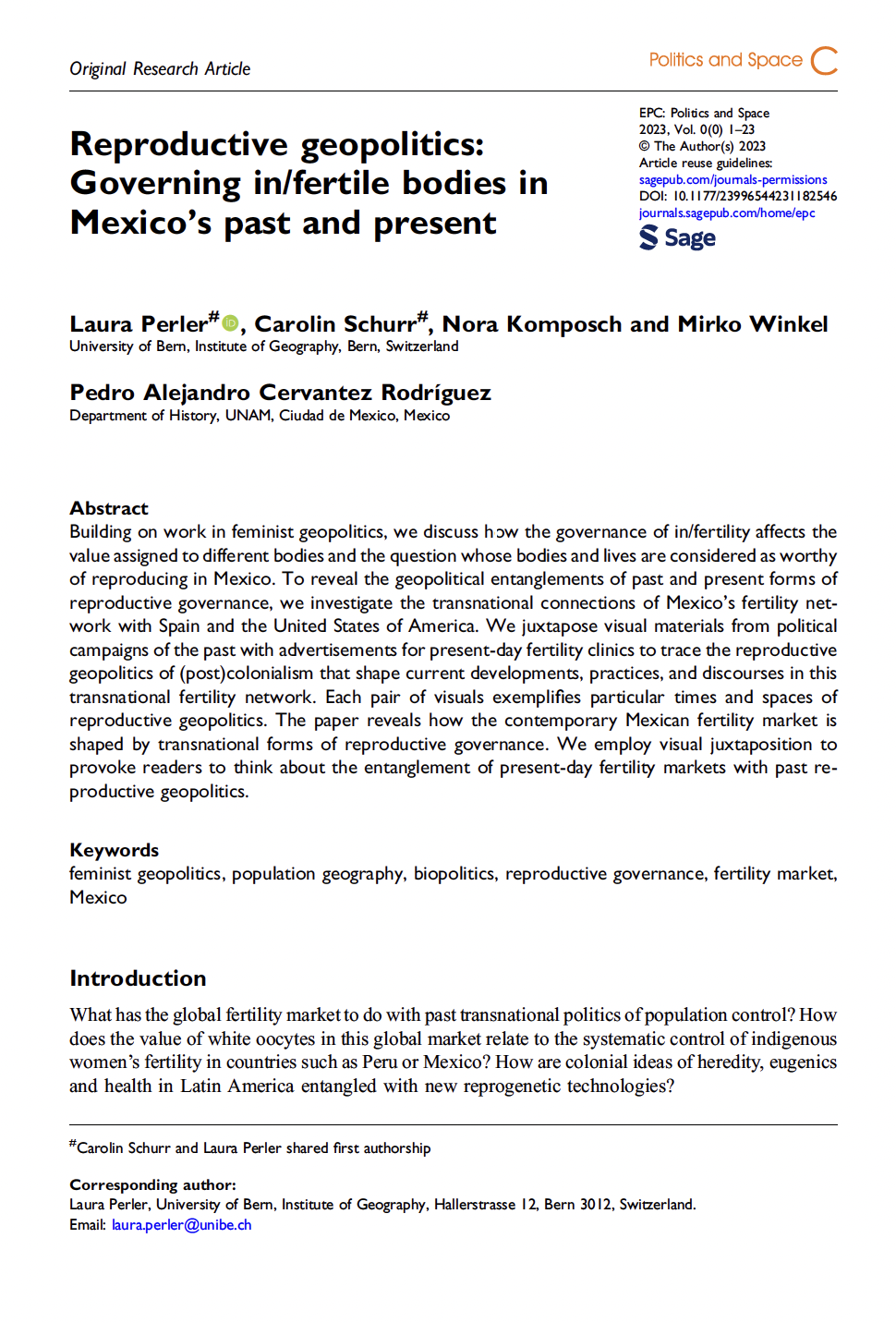
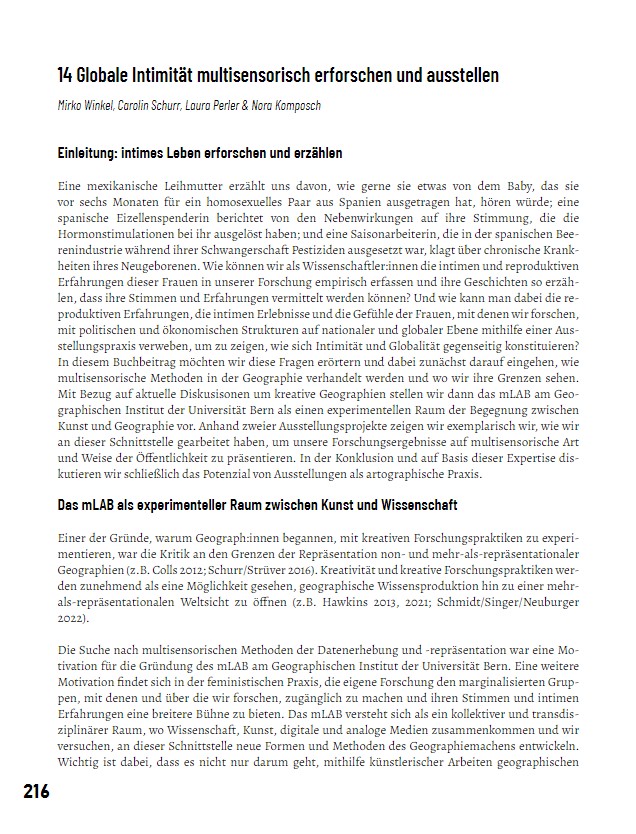
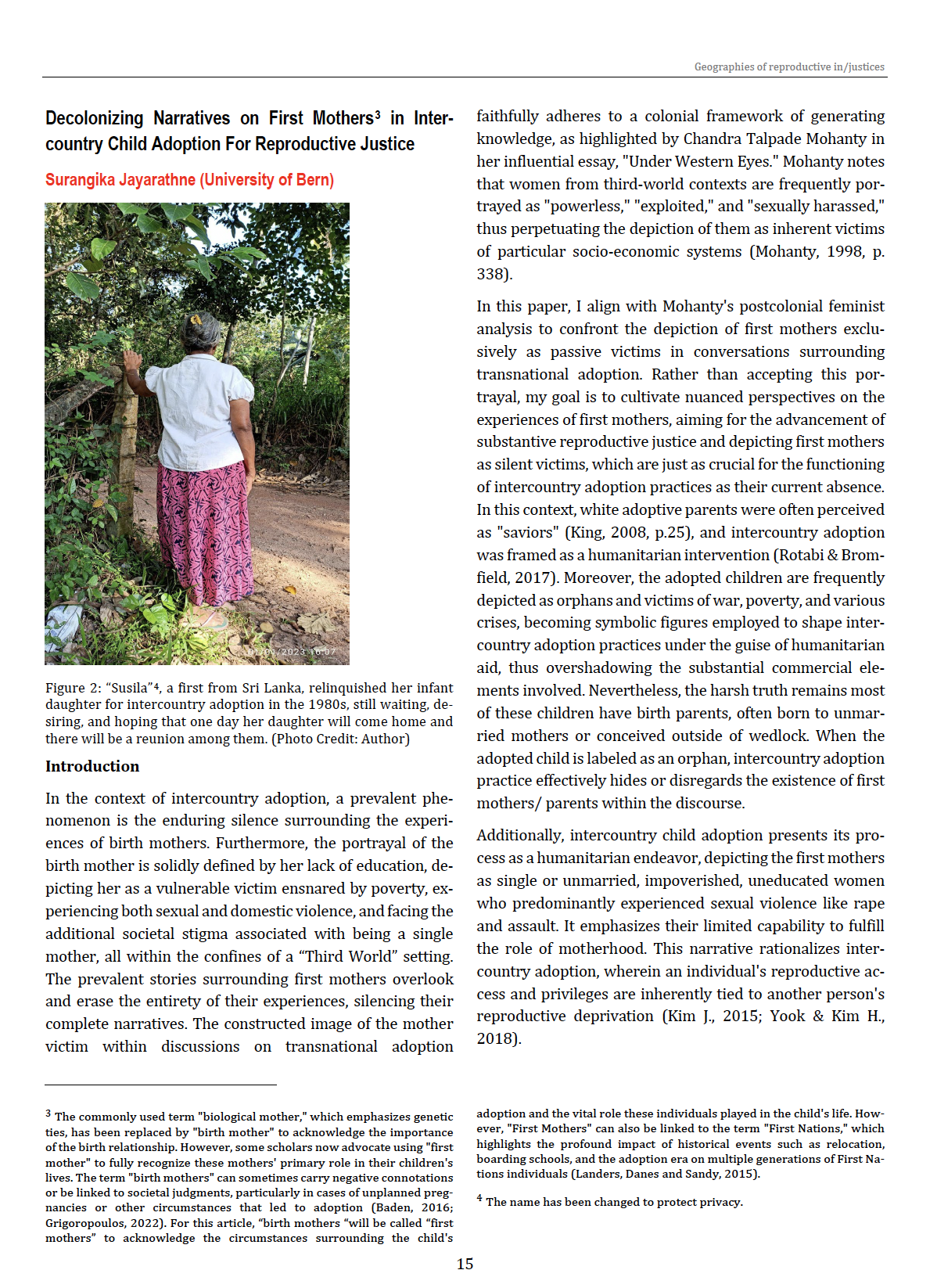
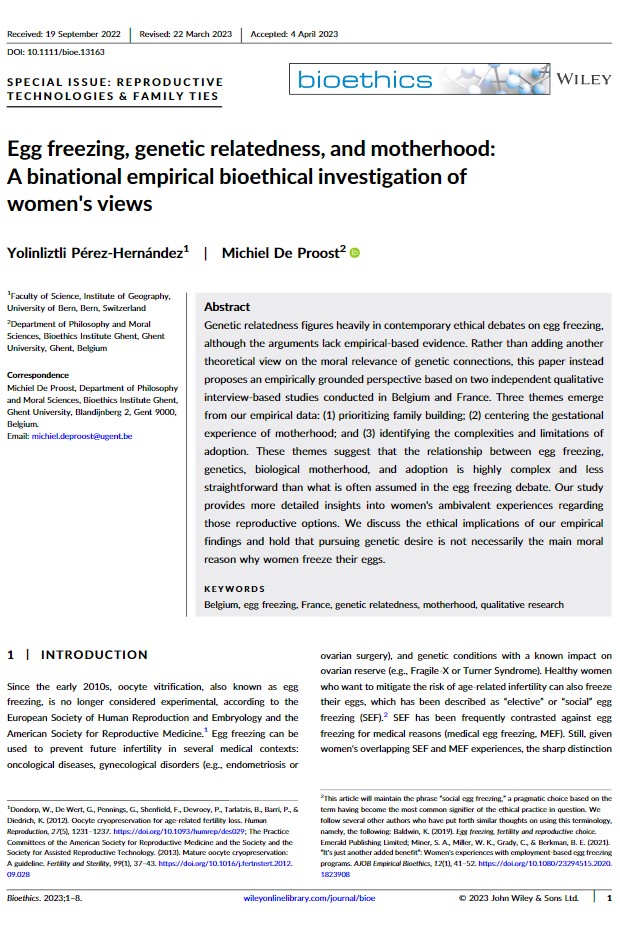
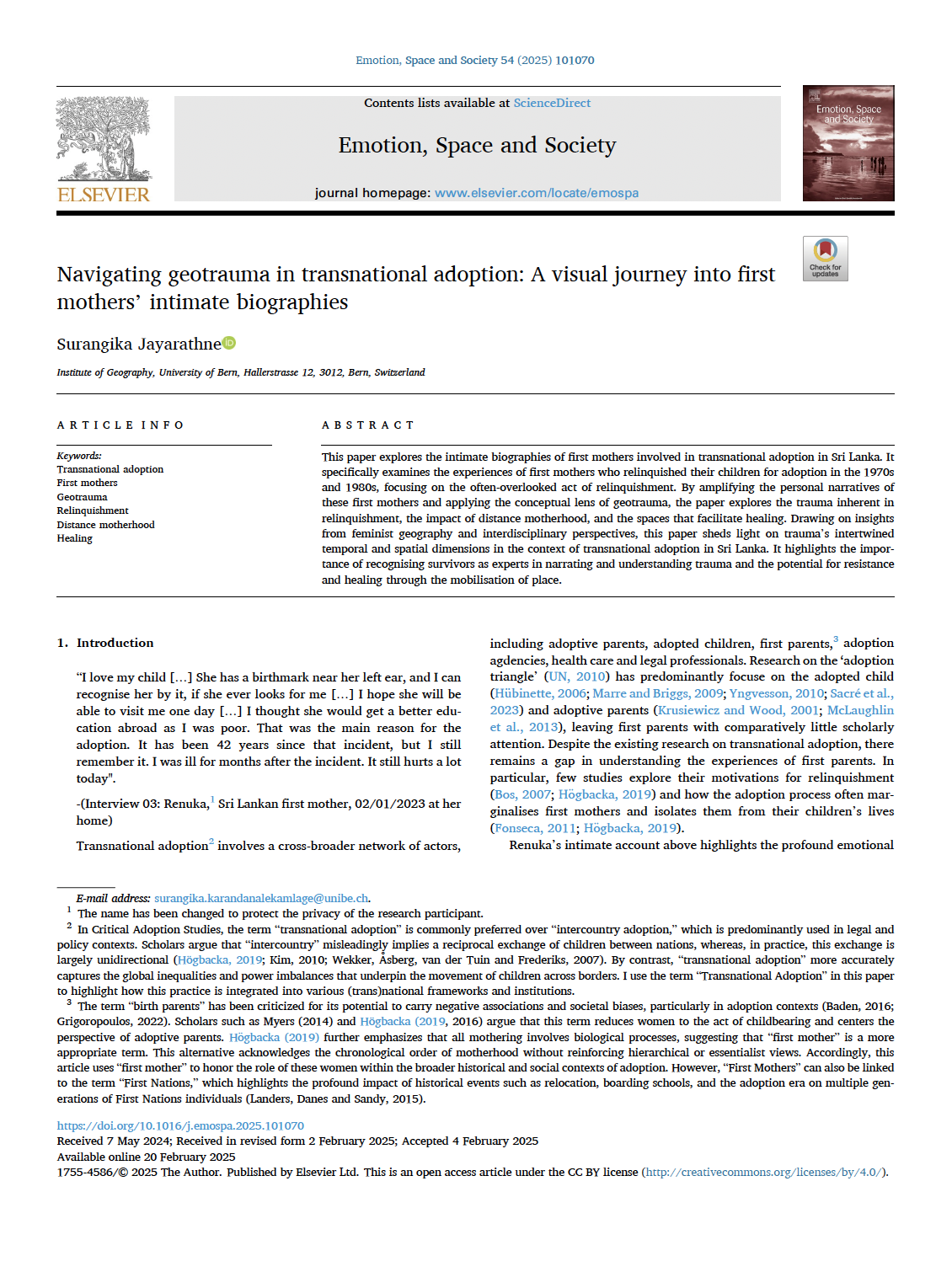

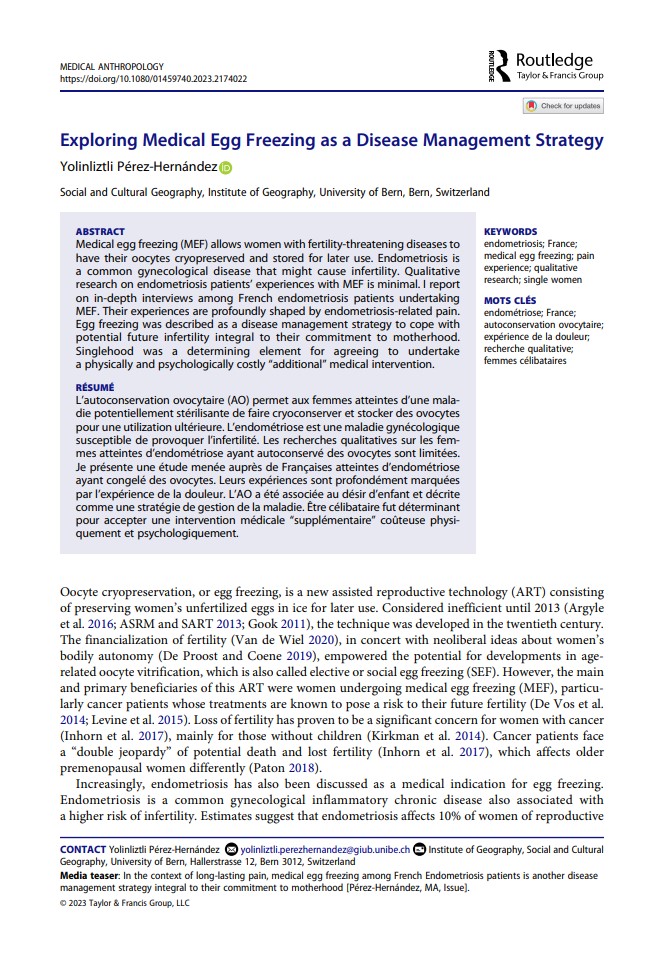
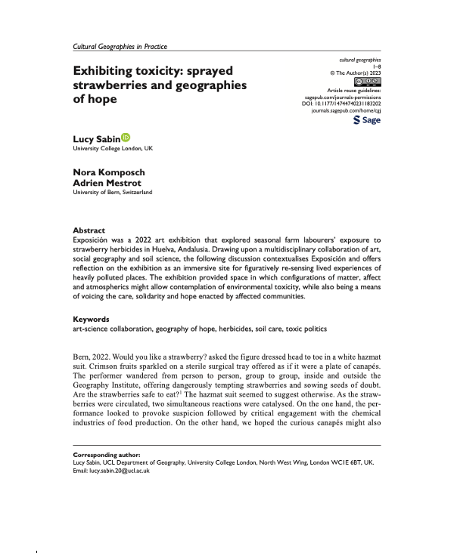
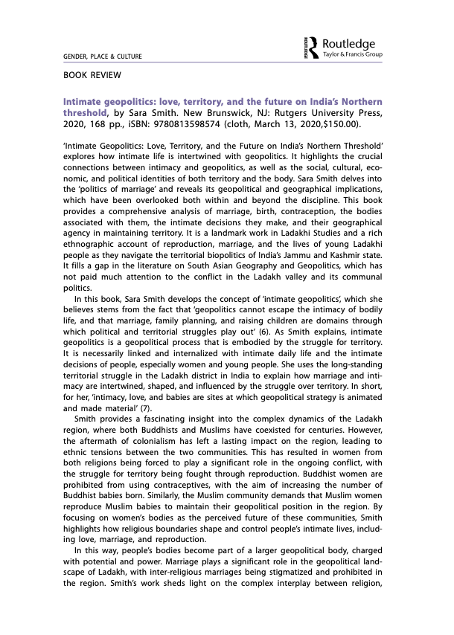
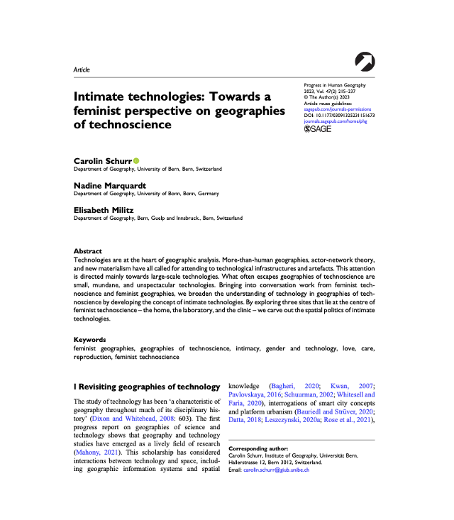
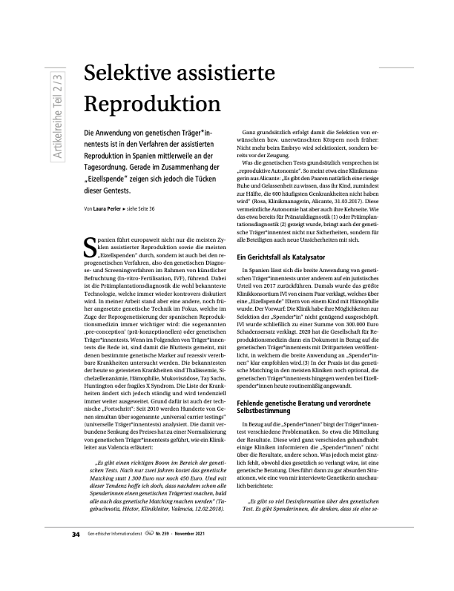
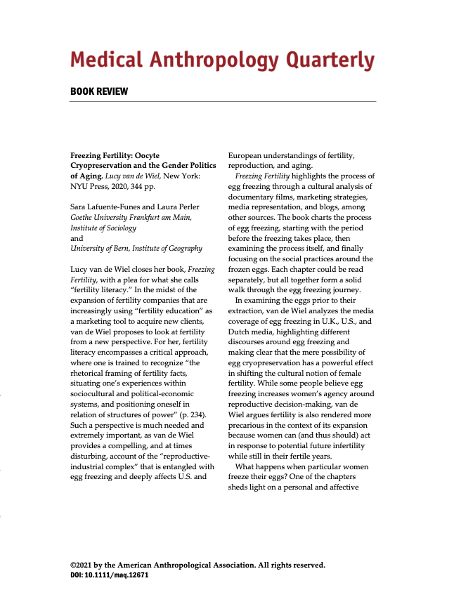
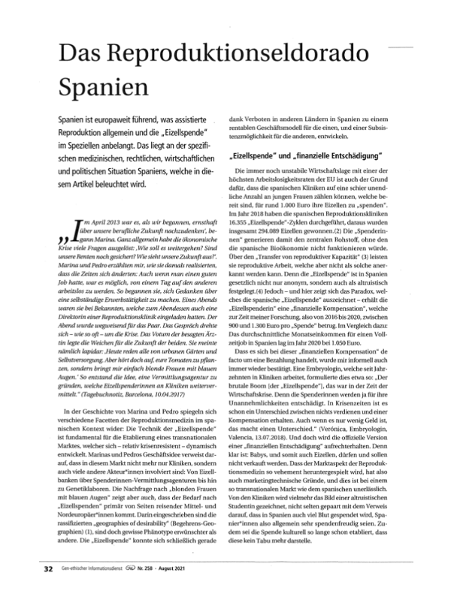

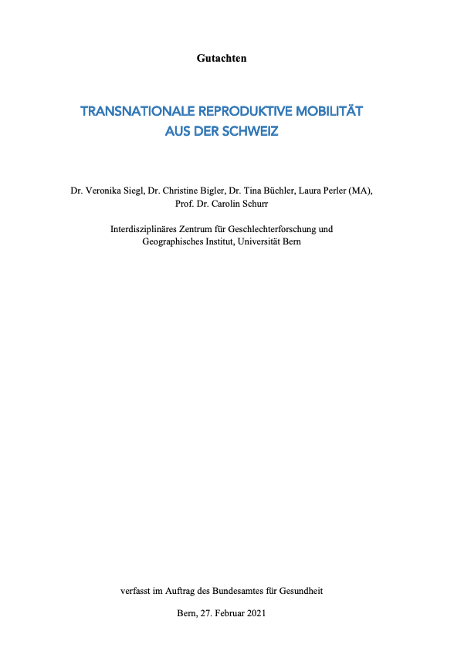
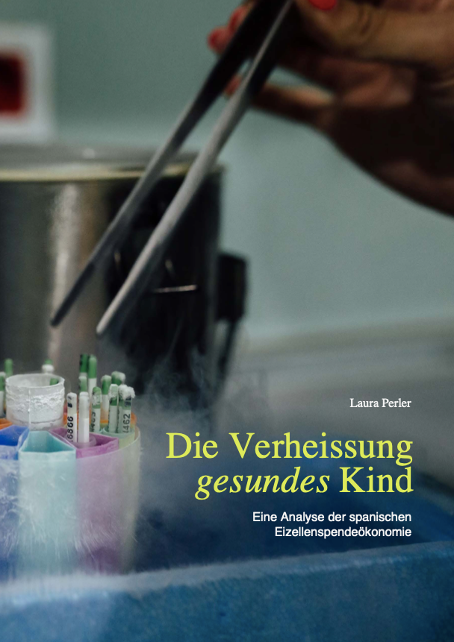
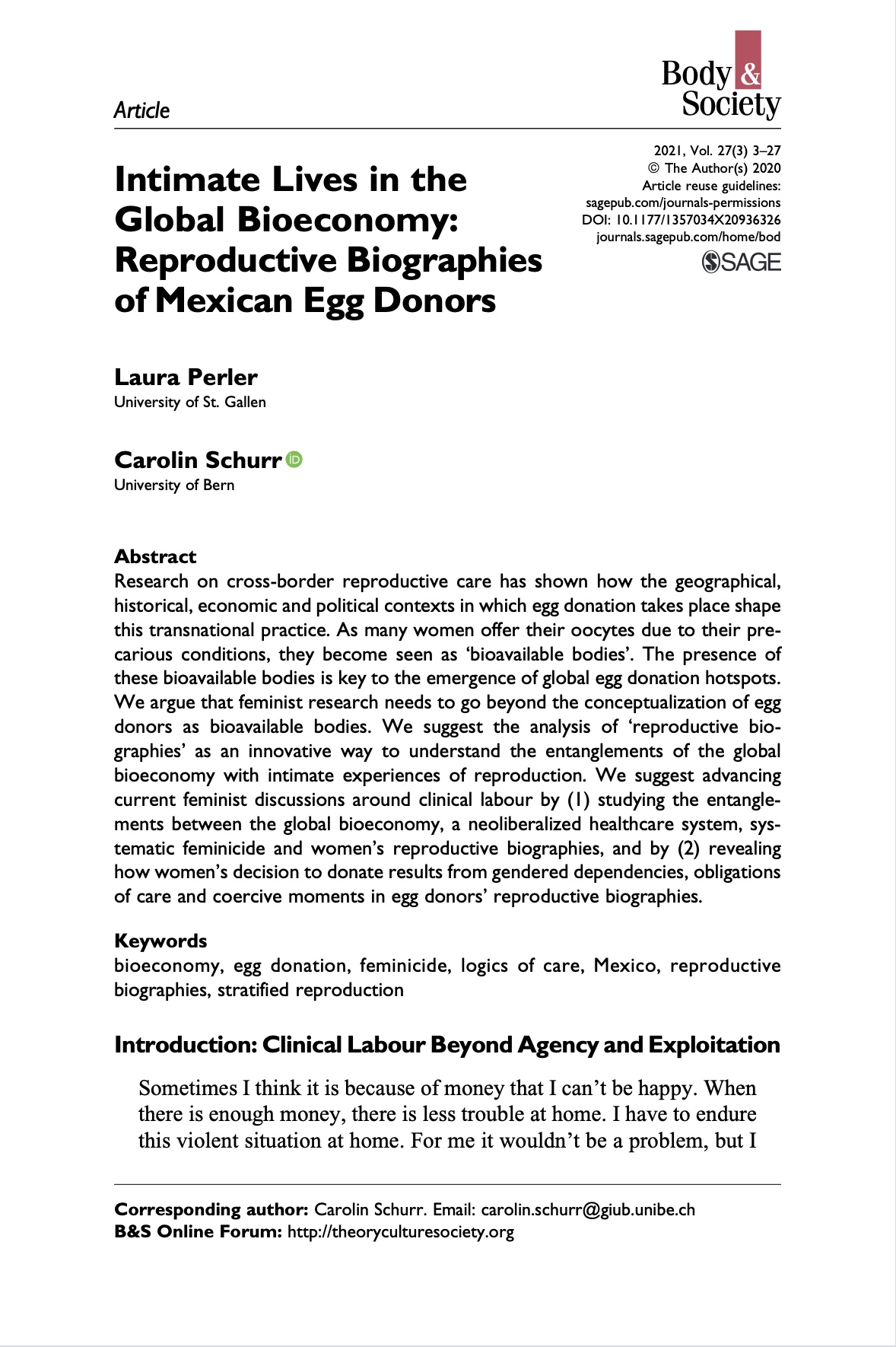
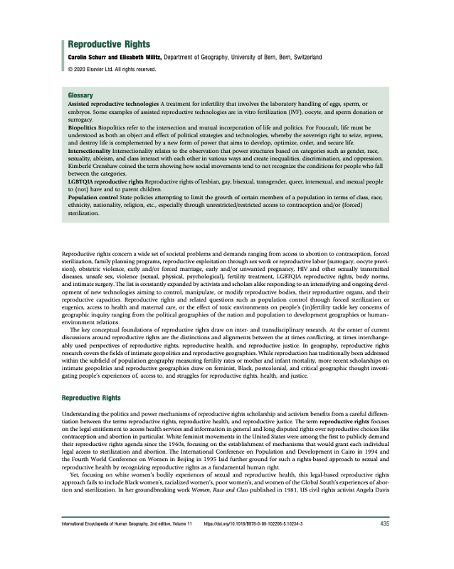
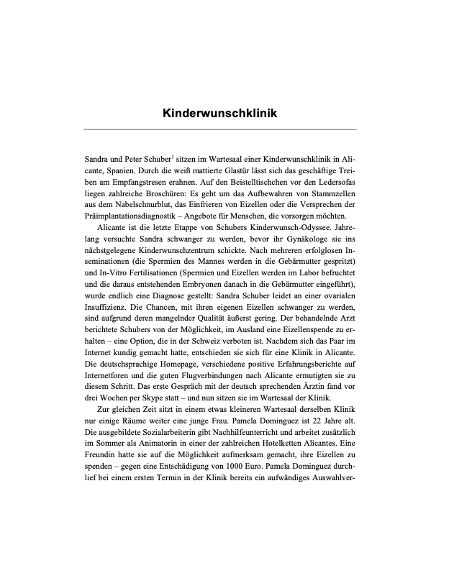
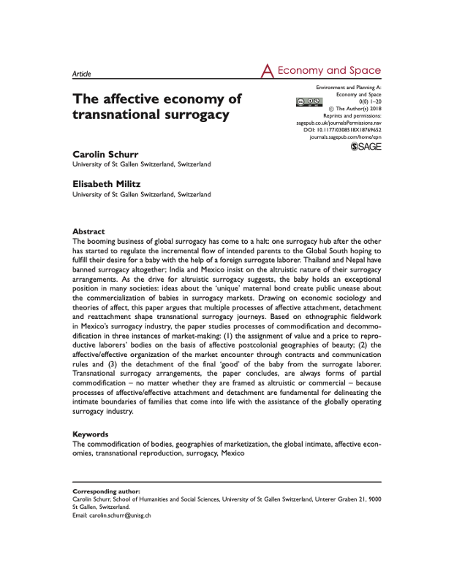
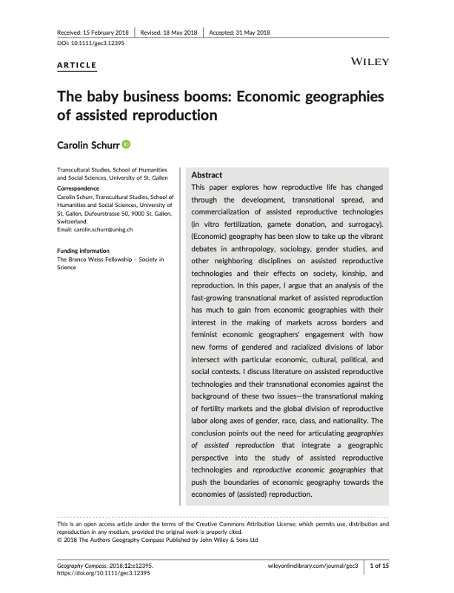
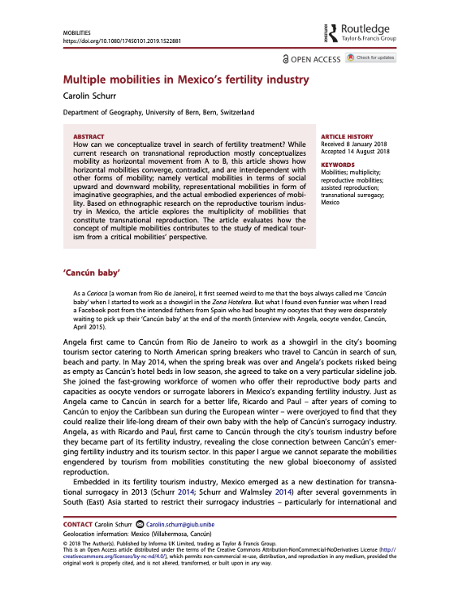
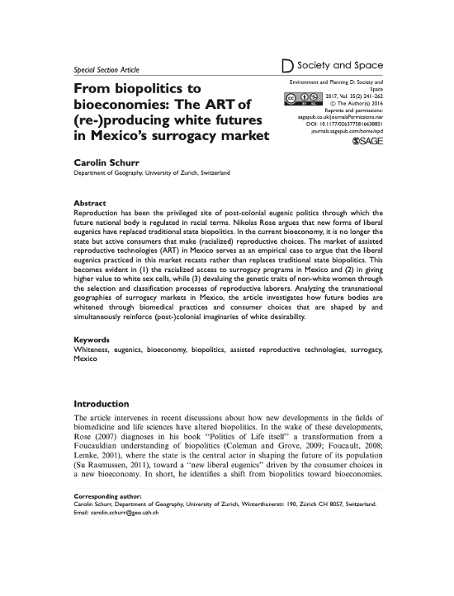


This paper examines how women accessing social egg freezing (SEF), medical egg freezing (MEF), and egg sharing (ESH) imagine becoming a mother (normative motherhood) in contrast to how they become a mother (reproductive trajectory). It uses data collection from 43 semi-structured in-depth interviews with French women who have had their eggs cryopreserved in France and abroad, five of whom have had children. It was found that most of the women interviewed associate motherhood with heterosexual coupledom, the nuclear family, and a normalized desire for biogenetic motherhood. Nevertheless, ontological disruptions caused by infertility, singlehood, or illness introduce the possibility that they will be unable to have children as expected, which leads them to imagine (and consider) both medical and non-medical ways of having a child. Women’s narrations of alternative paths toward motherhood describe a fragmentation of motherhood into genetic, biological, and social components, which are combined and hierarchized in unexpected ways. I argue that, although alternative reproductive trajectories might modify the kinship ties between the parties involved, they do not necessarily defy normative motherhood. To my knowledge, this is the first empirical study conducted among French women undertaking egg freezing. It seeks to contribute to a growing corpus of empirical research that analyzes egg freezing and its links with motherhood. Second, it mobilizes an innovative approach by examining similarities between SEF, MEF, and ESH. Furthermore, it proposes that women who freeze their eggs for medical reasons or in exchange for an egg donation also inscribe their egg freezing procedure within a heteronormative, biogenetic ideal of motherhood, and a normalized desire for a nuclear family. Finally, it contributes to analyzing the decision-making processes of women who become a mother after egg freezing.
Pérez-Hernández, Y. (2023). Imagining motherhood and becoming a mother after egg freezing. An anthropological study in the French context. Feminismo/s, (41), 241–270. https://doi.org/10.14198/fem.2023.41.10